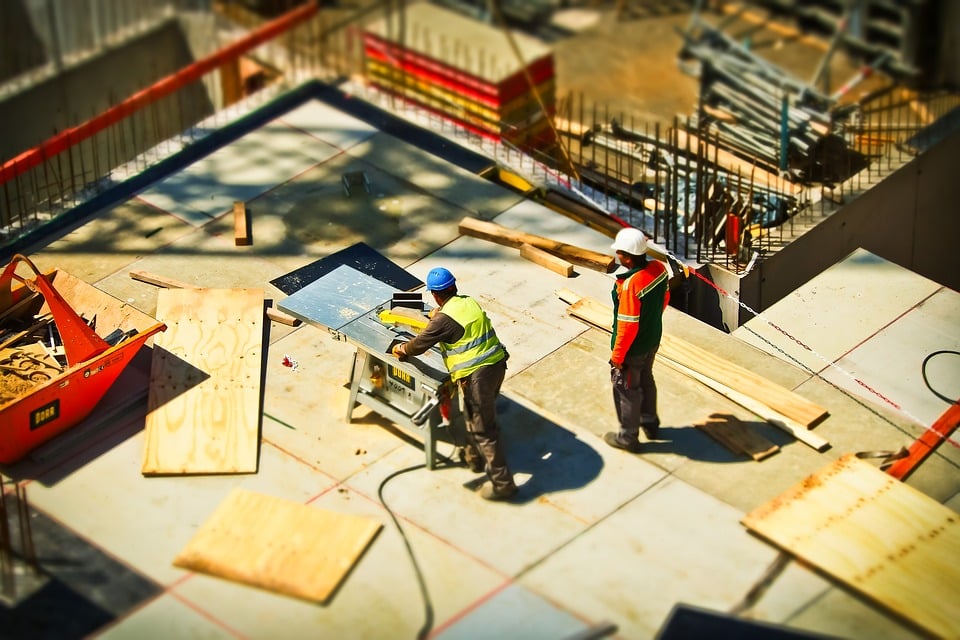HMRC has announced a one-year delay to the introduction of the VAT domestic reverse charge for building and construction services.
The reverse charge represents part of a government clamp-down on VAT fraud. According to the government, large amounts of VAT are lost through ‘missing trader’ fraud. As part of missing trader fraud, VAT is charged by a supplier, who then disappears, along with the output tax. The VAT is thus lost to HMRC. The construction industry is considered a particularly high-risk sector.
The reverse charge when introduced will not change the VAT liability but instead it will change the way that VAT is accounted for. In the future, the recipient of the services, rather than the supplier, will account for VAT on specified building and construction services. This is called a reverse charge. The reverse charge is a business-to-business charge, applying to VAT-registered businesses where payments are required to be reported through the Construction Industry Scheme (CIS).
The charge was due to come into effect on 1 October 2019. It has now been delayed by 12 months until 1 October 2020 due to fears that businesses in the construction sector were not ready.
HMRC says it remains ‘committed to the introduction of the reverse charge’, and has put a robust compliance strategy into place in order to tackle fraud in the construction sector.
Internet link: GOV.UK revenue and customs brief







